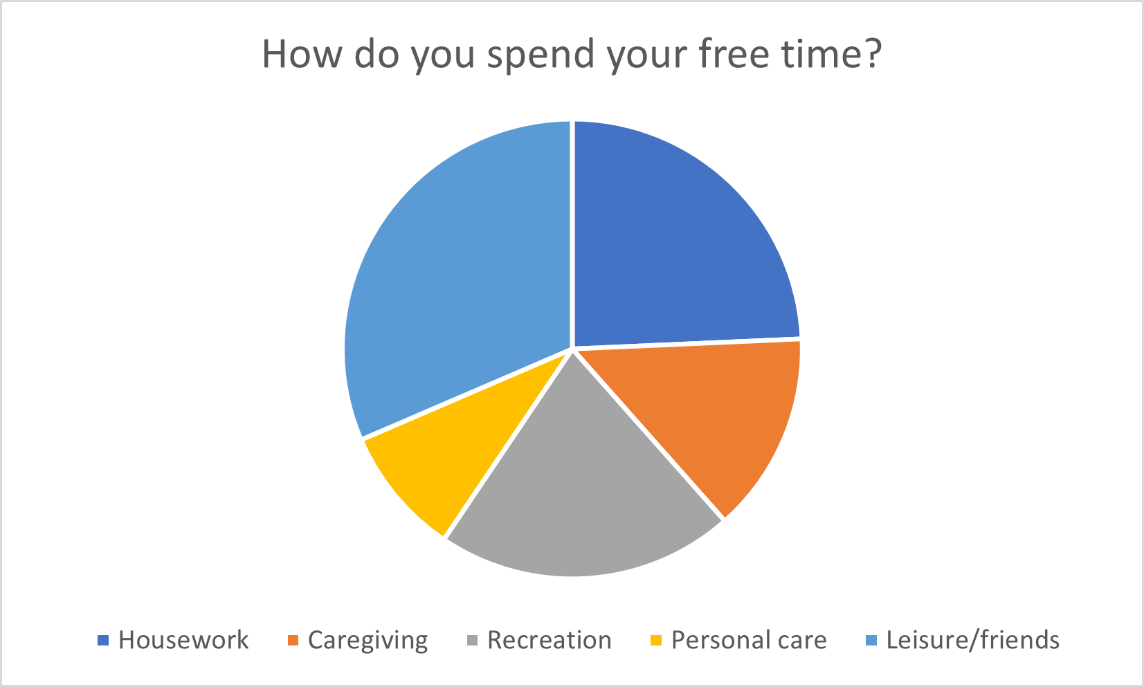It’s time to spill the TEA™
By: Lawrence Ross
January 30, 2023

Photo by Malvestida on Unsplash
The gift of time is our most important commodity. It drives the way we experience life, affects others, our level of enjoyment, and our plans. It’s limited and precious. It becomes increasingly important over the course of our lives – its value compounds.
Doesn’t it just make sense to build a “time portfolio" for ourselves like we do for our investments?
Traditional financial statements are used to assess and track the financial health of a business or a household. We think the business of how you spend your time is just as important and here’s how you can review, analyze, and organize it.
Most of us don't think of our time as an expenditure. We think of money spent and money earned but the same goes for our time and our energy. Using the Time Energy Analysis™ (TEA for short) one can effectively audit how you spend your time and its resulting quality.
Using TEA, you can track the health of your time management and see what activities time assets and which ones are time liabilities. Simply put, the difference between the two is the change in your enthusiasm and energy level between starting and completing an activity. If you have the same or more energy at the end, it counts as an asset; alternatively, if your energy is drained you are experiencing a liability.
The process starts with asking yourself how you spend time day to day. These things include activities you do at your job, responsibilities such as shopping and running errands, things for you like exercising, moments for relaxation and recreation, and of course, the hard, tedious, things we must do.
Now ask yourself how many hats do you wear? Perhaps you're a husband or a wife, a parent, a caregiver, a volunteer, an employee or an employer, a mature student, or a community leader. All these roles come together into one big wheel of time and how you divide your attention between time assets and time debts may be surprising once you see it all laid out.

Data from the Organization for Economic Co-operation and Development (OECD) on time-use around the world reports that Canada comes in 6th out of 23 countries for the most time spent doing paid work. On average, Canadians between the ages of 15-64 spend 81 minutes on care work or volunteering daily and 139 minutes on housework and shopping.
When it comes to doing things for fun, Canadians spend 52 minutes on personal care, almost two hours watching TV or listening to the radio and just under three hours visiting friends or other leisure activities.
How does your TEA compare and what changes could be made to swing more time in your favour?
Disclaimer:
The opinions, estimates and projections contained herein are those of the author as of the date hereof and are subject to change without notice and may not reflect those of BMO Nesbitt Burns Inc. ("BMO NBI"). Every effort has been made to ensure that the contents have been compiled or derived from sources believed to be reliable and contain information and opinions that are accurate and complete. Information may be available to BMO NBI or its affiliates that is not reflected herein. However, neither the author nor BMO NBI makes any representation or warranty, express or implied, in respect thereof, takes any responsibility for any errors or omissions which may be contained herein or accepts any liability whatsoever for any loss arising from any use of or reliance on this report or its contents. This report is not to be construed as an offer to sell or a solicitation for or an offer to buy any securities. BMO NBI, its affiliates and/or their respective officers, directors or employees may from time to time acquire, hold or sell securities mentioned herein as principal or agent. BMO NBI -will buy from or sell to customers securities of issuers mentioned herein on a principal basis. BMO NBI, its affiliates, officers, directors or employees may have a long or short position in the securities discussed herein, related securities or in options, futures or other derivative instruments based thereon. BMO NBI or its affiliates may act as financial advisor and/or underwriter for the issuers mentioned herein and may receive remuneration for same. A significant lending relationship may exist between Bank of Montreal, or its affiliates, and certain of the issuers mentioned herein. BMO NBI is a wholly owned subsidiary of Bank of Montreal. Any U.S. person wishing to effect transactions in any security discussed herein should do so through BMO Nesbitt Burns Corp. Member-Canadian Investor Protection Fund.If you are already a client of BMO Nesbitt Burns, please contact your Investment Advisor for more information.